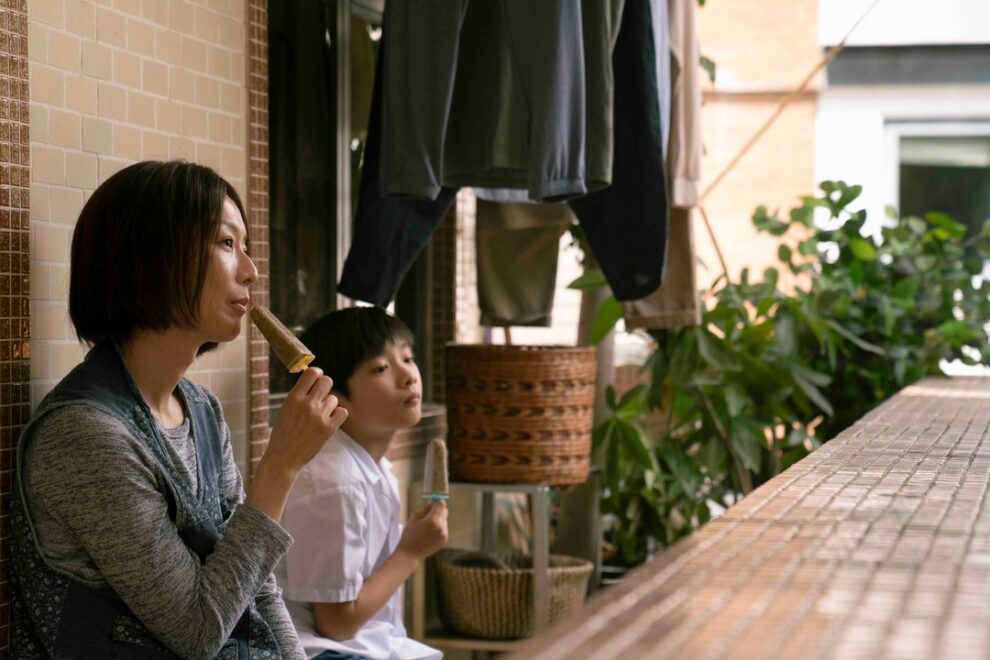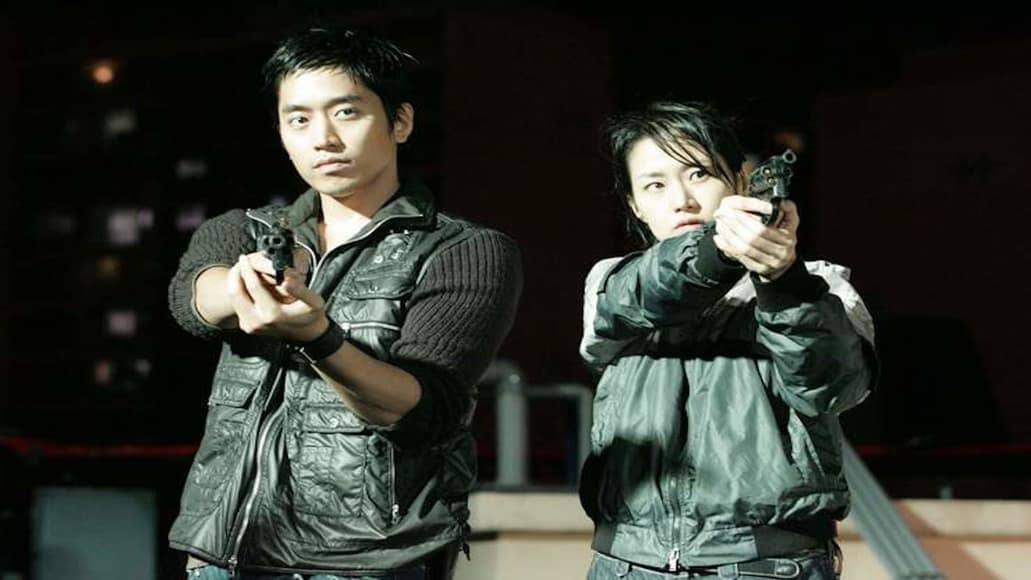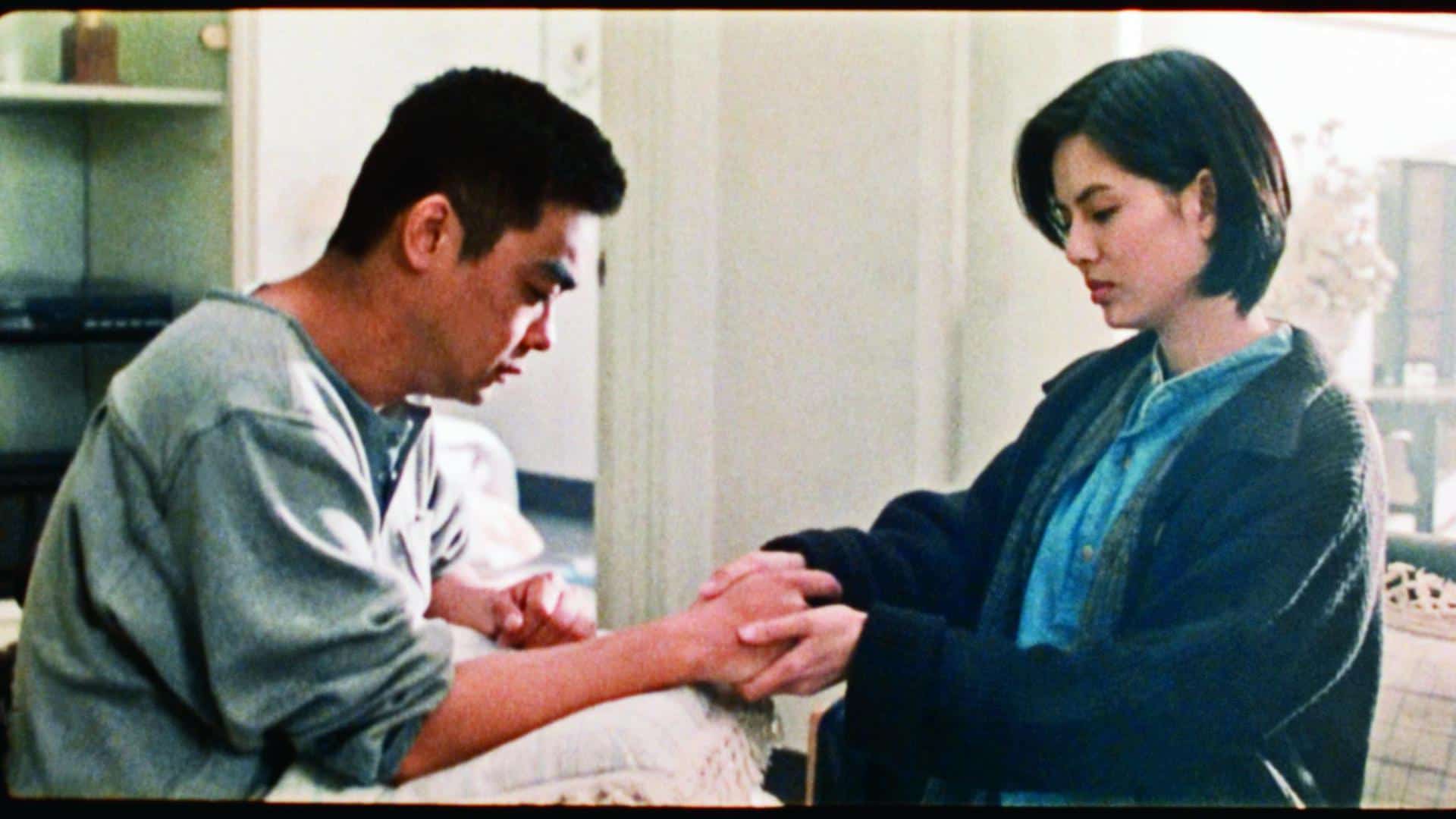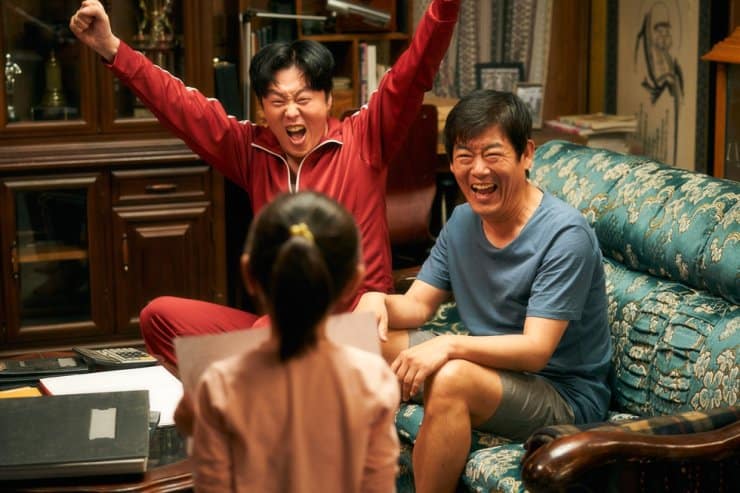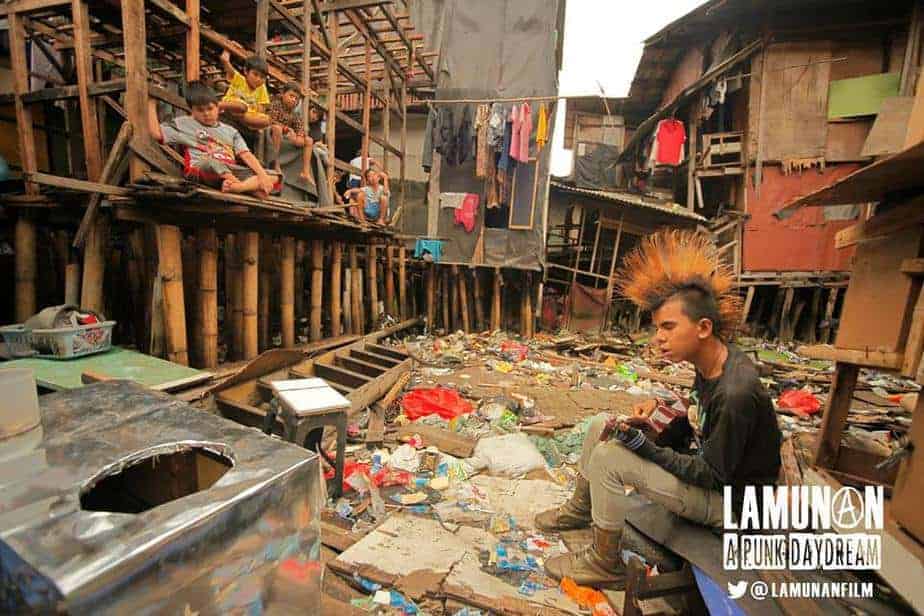The turn Hong Kong cinema has made during the recent years, towards more socially relevant themes, is a rather appealing one and also moves towards the realistic, real life story path international cinema seems to have taken, for the most part. “Lost Love” is a film that definitely leans towards this direction, as it explores the concept of foster homes through an approach that is both realistic and dramatic.
“Lost Love” is screening at Osaka Asian Film Festival

Mei and her husband Bun have been stricken with pain by the death of their three-year-old son. When her work becomes too overbearing for her to continue, Mei convinces her husband to become foster parents, in an effort to make some money, and perhaps to deal with their grief. Their endeavor, however, is anything but easy, as they have to face the bullying these children experience in school, their emotional issues, the occasionally hostile foster parents, and the complications of the system. Mei, in particular, finds it very hard to adapt, since Bun still has his job and it is she who cares mostly for the everyday needs of the children. Gradually, however, they both warm up to the concept and begin enjoying their interactions with the children, as we see them through the years. At the same time though, they also have to face issues in their own relationship while the trauma remains.
In order to achieve the thoroughness in the presentation the concept mentioned in the prologue, Ka Sing-fung follows an episodic approach, with Mei and Bun fostering one child after the other. This tactic succeeds both in its initial goal, and in analyzing the two characters intently, thus creating empathy for both of them, although the main focus is definitely on Mei. In that fashion, a young boy, a girl with a cleft lip, older and older kids right through their teenagehood and even two siblings, are fostered by the two, thus showing the issues these kids face as extensively as possible. Furthermore, the different reasons kids end up in foster care are also presented through this approach, as much as the different results foster care has. Lastly, a wish Mei eventually shares with the ones in charge of the program also shows the technical details it entails, as much as how the decisions about fostering and adopting are made.
Despite this thoroughness, Ka does not implement a documentary approach, with the drama being an essential part of the narrative from beginning to end, particularly in the way Mei and Bun change through their interactions with the children. Even more so, the burden of their lost child, and the difficulties their relationship has to face, adds even more elements in that regard, while intensifying the overall entertainment the movie offers. Lastly, that fostering eventually becomes something more than them individually, and essentially the reason their relationship moves past the difficulties, concludes this aspect, in a way, though, that never becomes melodramatic.
This element highlights the quality of Ka's direction, particularly in the way humor is interspersed throughout the movie, mostly through the rather smart dialogues, which also add another element in the character analysis. The same applies to the quality of the acting, with Sammi Cheng giving a great performance as Mei, especially in the way she changes through the interactions with the foster kids. The moments she gets angry and the ones she mellows up, in an attitude that at least in the beginning could be described as passive aggressive, is a pleasure to watch. Alan Luk as Bun is also good on his more laid-back behavior, with the moments he plays and jokes with the kids also being rather memorable, while the chemistry of the two is equally great.
The cinematography focuses on realism, also showing that the suffocating setting the house is in the beginning soon becomes something more bright, while the outdoor scenes, and particularly the ones in the school and the camping site are the ones that stand out. The edιting results in a mid tempo, other times faster, other times slower, which also fits the general aesthetics of the movie, while at 92 minutes, it definitely does not overextend its welcome.
Probably the only significant fault here is that the concept of foster care is presented in a way that leans heavily towards its benefits, although considering everything included in the story, that might well be true. In the end, “Lost Love” emerges as an excellent movie that thrives both in the depiction of foster parenthood and as a drama.


